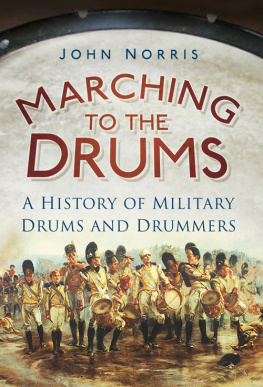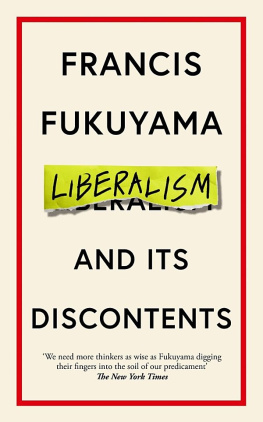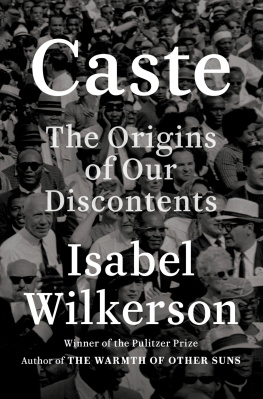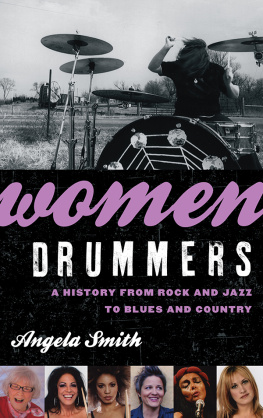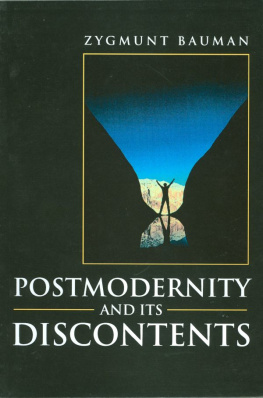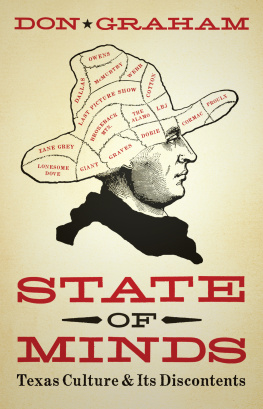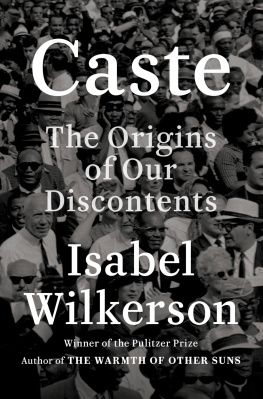Tad Tuleja - Different Drummers: Military Culture and Its Discontents
Here you can read online Tad Tuleja - Different Drummers: Military Culture and Its Discontents full text of the book (entire story) in english for free. Download pdf and epub, get meaning, cover and reviews about this ebook. publisher: Utah State University Press, genre: Politics. Description of the work, (preface) as well as reviews are available. Best literature library LitArk.com created for fans of good reading and offers a wide selection of genres:
Romance novel
Science fiction
Adventure
Detective
Science
History
Home and family
Prose
Art
Politics
Computer
Non-fiction
Religion
Business
Children
Humor
Choose a favorite category and find really read worthwhile books. Enjoy immersion in the world of imagination, feel the emotions of the characters or learn something new for yourself, make an fascinating discovery.

- Book:Different Drummers: Military Culture and Its Discontents
- Author:
- Publisher:Utah State University Press
- Genre:
- Rating:3 / 5
- Favourites:Add to favourites
- Your mark:
- 60
- 1
- 2
- 3
- 4
- 5
Different Drummers: Military Culture and Its Discontents: summary, description and annotation
We offer to read an annotation, description, summary or preface (depends on what the author of the book "Different Drummers: Military Culture and Its Discontents" wrote himself). If you haven't found the necessary information about the book — write in the comments, we will try to find it.
Tad Tuleja: author's other books
Who wrote Different Drummers: Military Culture and Its Discontents? Find out the surname, the name of the author of the book and a list of all author's works by series.
Different Drummers: Military Culture and Its Discontents — read online for free the complete book (whole text) full work
Below is the text of the book, divided by pages. System saving the place of the last page read, allows you to conveniently read the book "Different Drummers: Military Culture and Its Discontents" online for free, without having to search again every time where you left off. Put a bookmark, and you can go to the page where you finished reading at any time.
Font size:
Interval:
Bookmark:
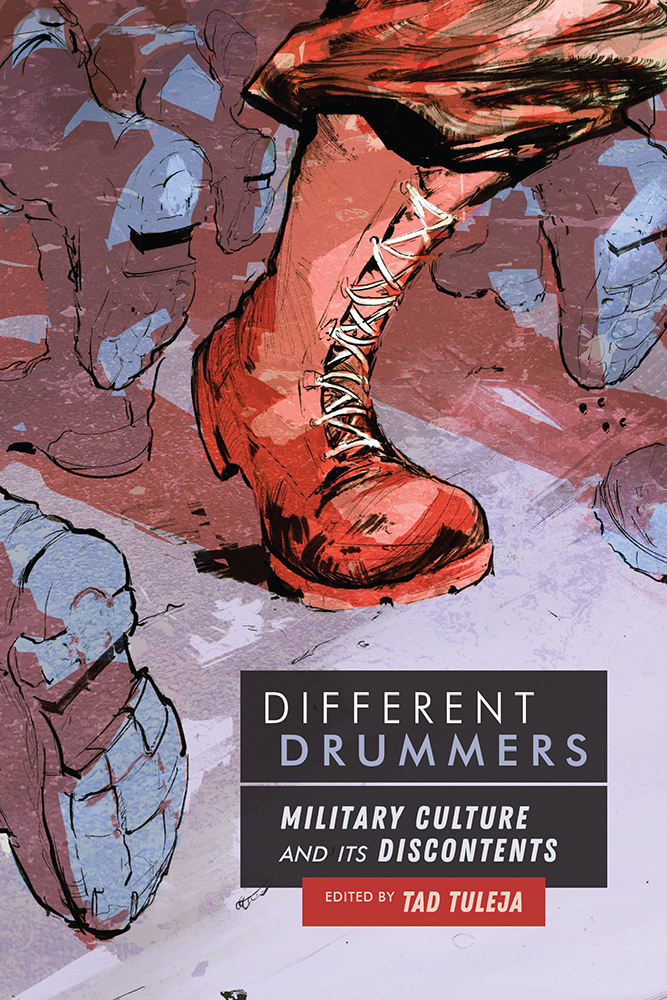
Edited by
Tad Tuleja
U TAH S TATE U NIVERSITY P RESS
Logan
2020 by University Press of Colorado
Published by Utah State University Press
An imprint of University Press of Colorado
245 Century Circle, Suite 202
Louisville, Colorado 80027
All rights reserved
 The University Press of Colorado is a proud member of the Association of University Presses.
The University Press of Colorado is a proud member of the Association of University Presses.
The University Press of Colorado is a cooperative publishing enterprise supported, in part, by Adams State University, Colorado State University, Fort Lewis College, Metropolitan State University of Denver, Regis University, University of Colorado, University of Northern Colorado, University of Wyoming, Utah State University, and Western Colorado University.
ISBN: 978-1-60732-942-8 (paperback)
ISBN: 978-1-60732-952-7 (ebook)
https://doi.org/10.7330/9781607329527
Library of Congress Cataloging-in-Publication Data
Names: Tuleja, Tad, 1944 editor.
Title: Different drummers : military culture and its discontents / edited by Tad Tuleja.
Description: Logan : Utah State University Press, [2020] | Includes bibliographical references and index.
Identifiers: LCCN 2020024019 (print) | LCCN 2020024020 (ebook) | ISBN 9781607329428 (paperback) | ISBN 9781607329527 (ebook)
Subjects: LCSH: Insubordination. | SoldiersAttitudes. | SoldiersConduct of life. | Military discipline. | Armed ForcesRegulations.
Classification: LCC UB789 .D54 2020 (print) | LCC UB789 (ebook) | DDC 306.2/7dc23
LC record available at https://lccn.loc.gov/2020024019
LC ebook record available at https://lccn.loc.gov/2020024020
Cover illustration Robert Burns, weareglasscutter.com.
In memory of two veterans of the Good War who recognized the folly of that term
Thaddeus V. Tuleja, U.S.N. and Claude H. Nolen, U.S.A.
If a man does not keep pace with his companions, perhaps it is because he hears a different drummer.
Henry David Thoreau
Tad Tuleja
Tad Tuleja
Angus Kress Gillespie
Christina M. Knopf
John Paul Wallis and Jay Mechling
Mark C. Russell
Ronald Fry
Matthew David Perry
Tad Tuleja
James I. Deutsch
Richard Allen Burns
Catherine Calloway
Ron Ben-Tovim
Carol Burke
Tad Tuleja
O NE GOAL OF MILITARY B ASIC T RAINING IS TO replace recruits focus on their own individuality with an unquestioned devotion to group solidarity. No military unitwhether as small as a squad or as large as an armycan survive unless its members agree to subordinate their personal desires to collective action. This deindividualization is evident in everything from dress codes to forms of address, from small-arms drill to a reverence for proper channels and chain of command. To be a member of the armed forces is to be subordinate not only to superiors but also to a vast array of protocols and regulations designed to ensure the efficient functioning of the organizational whole. So ingrained is the respect for subordination that we may consider it what Alan Dundes (1971) called a folk idea, that is, a governing principle of belief and of behavior that is so deeply inbred in military culture that it goes without saying.
But strict obedience to this principle is only an ideal. In reality, subordination, unit cohesion, and military culture itself are constantly being challenged by human beings who insist on clinging obstinately to their noncollective personalities. Breakouts from the ideal appear in forms as minor as mock-official acronyms (SNAFU, FUBAR) and as major as desertion and the fragging of superiors. The institutions of the Military Police, the Uniform Code of Military Justice, and the brig hint at a history of soldierly rebellion against the ideal, while even on the everyday vernacular level, grumbling about organizational stricturesand about the perceived fecklessness of the Army wayseems as characteristic a feature of warrior behavior as dutiful nods to patriotism or regimental honor.
The chapters in Different Drummers explore this disjunction between organizational solidarity and individual pushback, seeking to examine the ways in which members of the armed forces express ambivalent or conflicted attitudes about the organizations that they serve, for the most part, with enthusiasm and pride. With few exceptions, we focus not on antimilitary or antiwar sentiments, but on the psychological tensions expressed by soldiers who, to quote from Christina Knopf in , accept[ed] membership within the military community while rejecting certain aspects of its organization. We look here at people who dissent from military culture, but who do so as members of a loyal opposition.
Several of the chapters in Different Drummers began as presentations at American Folklore Society meetings, and I conceived the book originally as a companion volume to Warrior Ways: Explorations in Modern Military Folklore (2012), which I coedited with my colleague Eric A. Eliason. Lisa Gilmans chapter in that book used the term oppositional positioning to describe the conflicted sensibility of Iraq War veterans who, while continuing to identify strongly with military culture, just as strongly opposed our Middle Eastern entanglements. Oppositional positioning was a good term, I thought, and in soliciting prospective chapters for Different Drummers, I asked for essays showing how this type of tension had been exhibited by other warriorsactive duty or veteransin other situations.
Some of the essays I eventually accepted as chapters came from fellow folklorists, including some of the usual suspects from Warrior Ways. Angus Gillespie, Jay Mechling, Rick Burns, and Jim Deutsch, for example, are all scholars trained in my home discipline. But I was aiming in Different Drummers for an interdisciplinary volume, and to that end I have been happy to receive provocative essays from literary scholars Ron Ben-Tovim, Catherine Calloway, and Matt Perry. In addition, media scholar Christina Knopf has drawn on communications theory to assess the impact of World War I cartoons. Carol Burkeanother Warrior Ways alumnatrains her journalists eye on war-zone narratives. Mark Russells take on military culture reveals the oppositional positioning of a clinical psychologist. And four of the books authorsmilitary veterans Mark, Rick, Ron Fry, and John Paul Wallisoffer the first-person perspective of their own service experience.
As editor, I have adopted the interdisciplinary focus for two reasons. First, it reflects my appreciation that, in recent decades, the American Folklore Society has been inviting other disciplinesand nonacademicsto participate in the societys meetings and publications. Folklorists traditional focus on artistic communication in small groups has been progressively widening to encompass expressive culture more generally, including the practices of popular and even elite culture. The definition battles of the 1970s have largely subsided, and this leaves an opening for a volume in which folklorists and others come together to cast individual lights on a common problem.
My second reason for welcoming multiple perspectives relates to how I see that common problem. In considering oppositional positioning, I dont focus on bottom-up folk practices per se but on how both those practices and more elite practices (e.g., veteran Gerardo Menas poetry) respond to the perceived false narratives of the top-down culture. What interests me is the dialectical exchange between the official fabric of a total institution and the creative impulses that nibble at its edges. That worrying of the official narrative can appear in a variety of registers, and I wanted
Next pageFont size:
Interval:
Bookmark:
Similar books «Different Drummers: Military Culture and Its Discontents»
Look at similar books to Different Drummers: Military Culture and Its Discontents. We have selected literature similar in name and meaning in the hope of providing readers with more options to find new, interesting, not yet read works.
Discussion, reviews of the book Different Drummers: Military Culture and Its Discontents and just readers' own opinions. Leave your comments, write what you think about the work, its meaning or the main characters. Specify what exactly you liked and what you didn't like, and why you think so.

